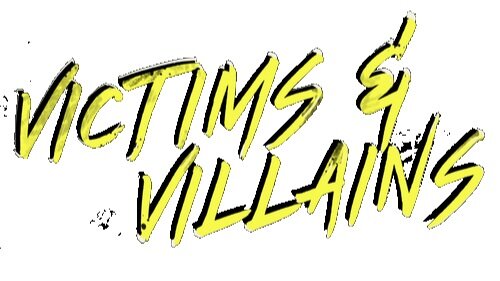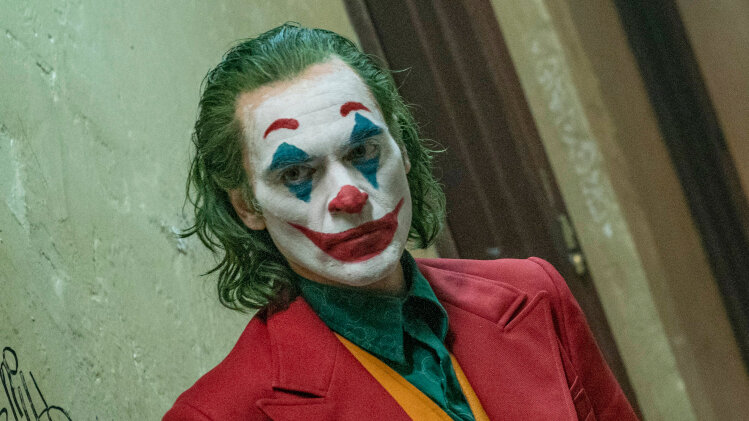I want to pose a question to you, first: is an origin story for the Joker necessary? While this was a point of conversation for one of our most recent outings in discussing Alan Moore’s The Killing Joke – which is said to be the definitive origin story of The Joker. Is it truly necessary to have an origin story for such a character? Is it more effective and more terrifying for the character to know that the death and destruction he causes is just pure randomness? Or is it more effective to know how the decent into madness was birthed? While The Joker is largely tied to Batman, Todd Phillips is daring to take the same route that Ruben Fleischer did this time last year with Venom. Introduce a character primarily known as an antagonist and give them an original story without their popular protagonist counterpart.
Joker centers around Arthur Fleck (Joaquin Phoenix)’s battle with mental illness and subsequent descent, and transformation, into Joker. In large ways, Philips manages to make Joker into a Martin Scorsese love letter. Paying homage to character studies like The King of Comedy and Taxi Driver – Joker is very much a character study. There’s an intimacy about it. With Philip’s visuals, but it’s the music by Hildur Guðnadóttir that elevates the film to new heights. While The Joker comes from the comic book medium, the comic book movie genre has garnered a reputation for being large and cinematic. For its intimate portrayal of Arthur’s descent into madness, Guðnadóttir’s score leans heavily on strings to focus largely on the arthouse aspect of the film. While turning to the brass to give the film a cinematic edge as well. This not only pays homage to his roots but allows, and subsequently challenges the genre, Joker to stand out in an original way.
When audiences experience a film that discusses heavier topics, such as mental illness, the subject should always be done with respect and grace. It’s in the handling of such topics that a film could truly make or break. From its’ opening frames, filmmakers establish a character deep in depression. Quickly setting the tone and fearlessly challenging the medium of comic book movies past their visuals and music. Though, it’s Phoenix’s performance as Fleck, and Joker, who deserve the praise and attention. Phoenix walks the line between grace and boldness as Fleck slowly moves towards Joker. Completely encompassing the depths of depression, anger, and ultimate violence – Phoenix embraces the darkness flawlessly.
Overall, Joker is a film worthy of the masterpiece title. A slow-burn, character study that largely delivers on its social relevance, brutality & boldness – Joker is a must-see. The film challenges the medium of comic book movies in fearless delivery. Thanks to director, Todd Philips, Joker carries an eloquent intimacy with it that is able to embrace heavier topics like mental health, violence, and classism. Phillips manages to illuminate the screen with arthouse visuals and a soundtrack from Hildur Guðnadóttir which elevates the vision of intimacy even further. For as intimate, as it can feel, Joker pays homage to the genre by escalating into cinematic territory on the heels of the finale. Though, the film is nothing without its’ leading man in Joaquin Phoenix. Whom manages to deliver a ruthless, yet sympathetic, performance and refreshes our notions and expectations for Batman’s most famous villain. Phoenix continues to push the challenge of the medium. Escalating the genre to bold new arenas.
RORSCHACH RATING
And more importantly, if you or someone you know is struggling with suicide, addiction, self-harm or depression - please free feel to reach out. Use any of our resources, call the suicide lifeline (1-800-273-8255) or text 741-741.
Credits: Music by Beggars. Joker is property of Warner Brothers Pictures & DC Entertainment. We do not own nor claim any rights.



